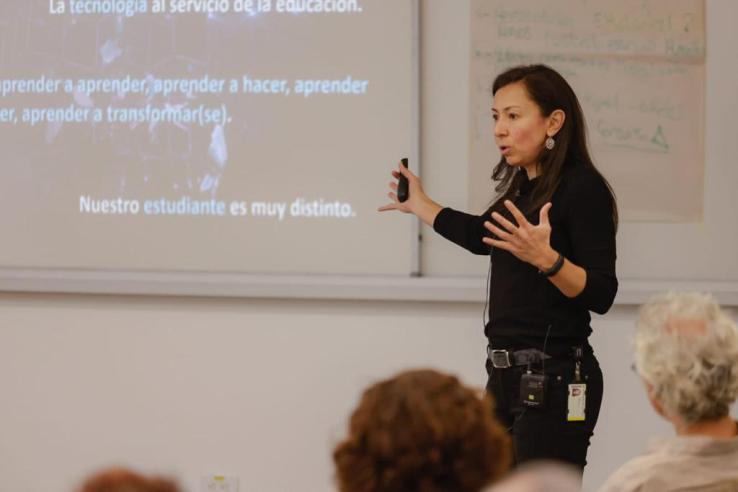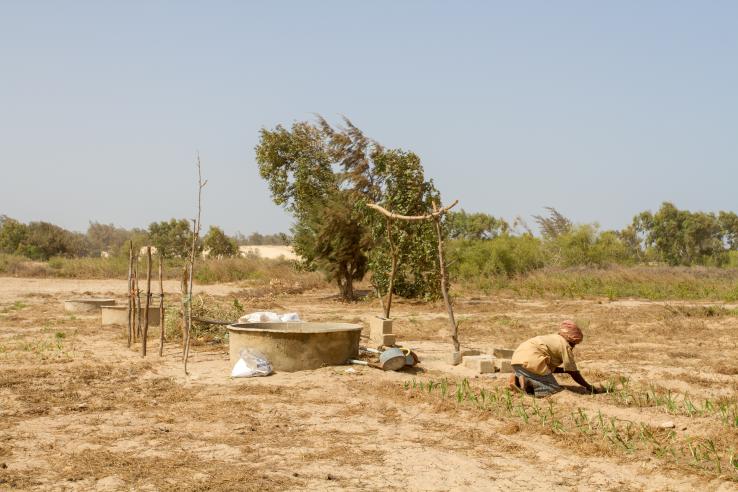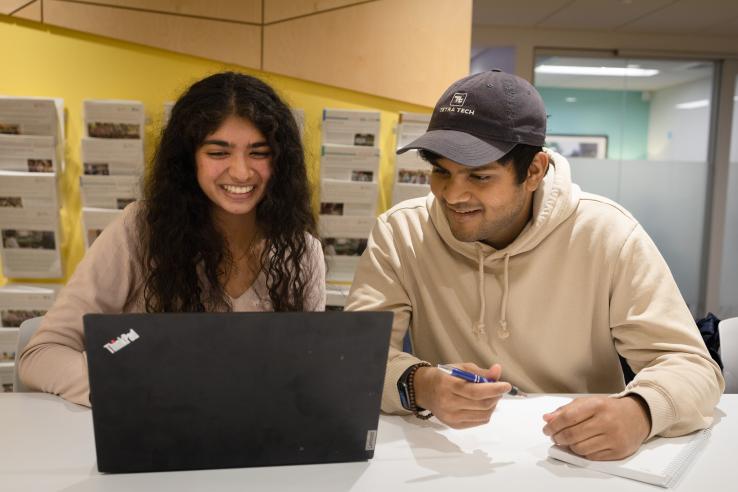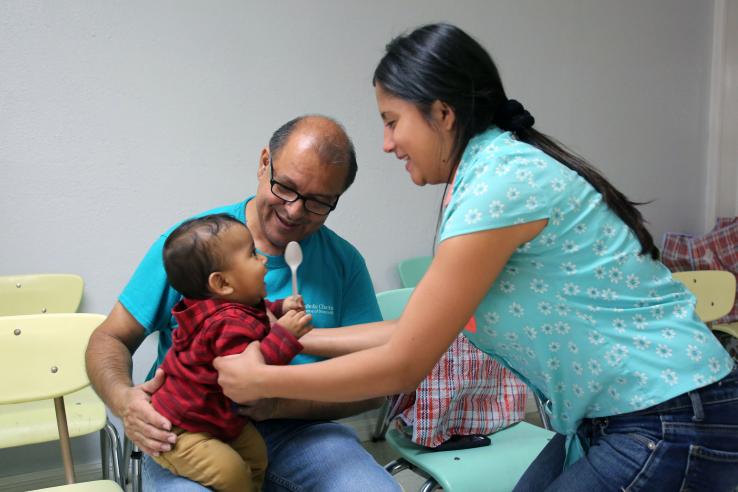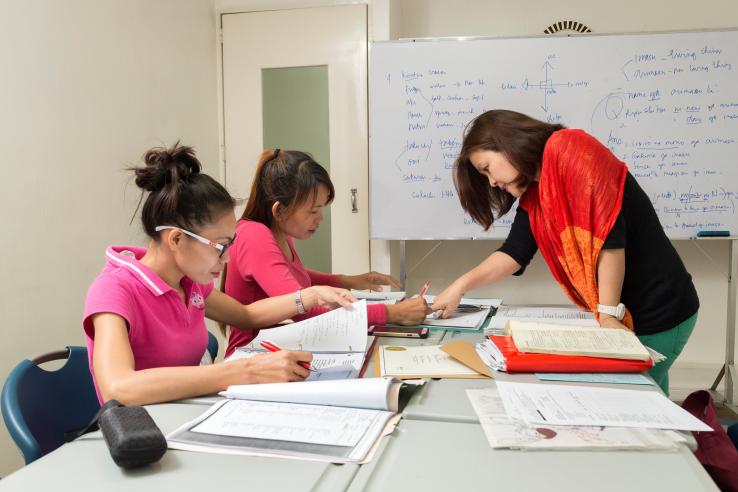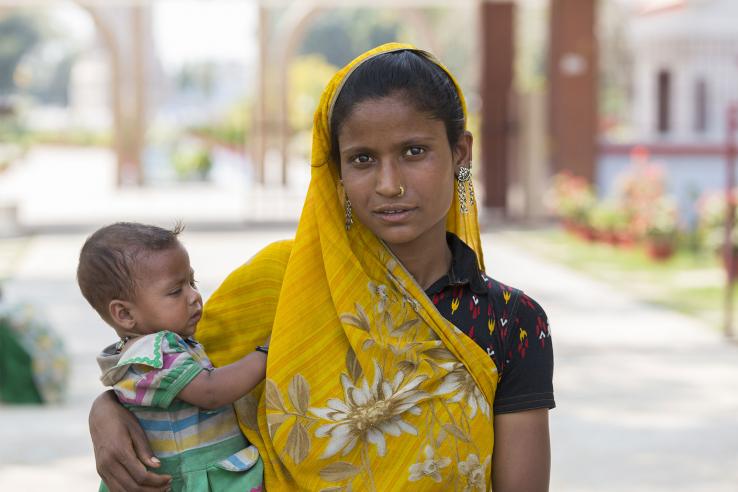Displaying 8056 - 8070 of 8331
Blog
Raquel Bernal is Professor of Economics and President of Universidad de los Andes in Colombia. In this Affiliate Spotlight, she shares more about her path to development economics and her research on early childhood education.
Person
Evaluation
Researchers are evaluating the impact of providing a gender-specific managerial training program on career advancement prospects for women and workplace productivity.
Person
Person
Sara Ameziane Hassani is a Policy Associate at the Morocco Innovation and Evaluation Lab (MEL), where she works with organizations and policymakers to strengthen the use of evidence in the education sector.
Policy insight
Failing to appear—when people awaiting arraignment fail to appear in court—is criminalized in 46 US states and can result in jail time. Evidence from randomized evaluations suggests that simple reminders through text messages, mail, or phone calls can be effective in reducing the rate at which...
Update
J-PAL Updates
The United Nations World Food Programme (WFP) and the Abdul Latif Jameel Poverty Action Lab (J-PAL) at the Massachusetts Institute of Technology (MIT) have signed a Memorandum of Understanding (MoU) to develop innovative solutions that help build a more resilient and food secure future for...
Event
Join us for a 60-minute webinar about the MicroMasters® program in Data, Economics, and Design of Policy (DEDP) to learn more about the program and ask questions in a live Q&A session!
Person
Event
Este webinar gratuito explicará en detalle en qué consiste PROSA, el nuevo programa de J-PAL y UVG que busca catalizar el uso y generación de evidencia en torno al Desarrollo Infantil Temprano en Guatemala.
Person
Evaluation
Researchers conducted a randomized evaluation to test whether encouraging entrepreneurs to raise their aspirations helped them improve their financial decisions and outcomes. The aspirations training led individuals to set higher savings goals, but most participants failed to achieve their goals.
Blog
In recent decades, there has been a huge increase in the number of impact evaluations of different approaches to reducing poverty. Despite this, if you are a policymaker, it is unlikely that there will be a rigorous impact evaluation that answers precisely the question you are facing in precisely...
Evidence to Policy Case Study
Case study
The Government of Mexico used insights from a randomized evaluation to inform a national labor law.
